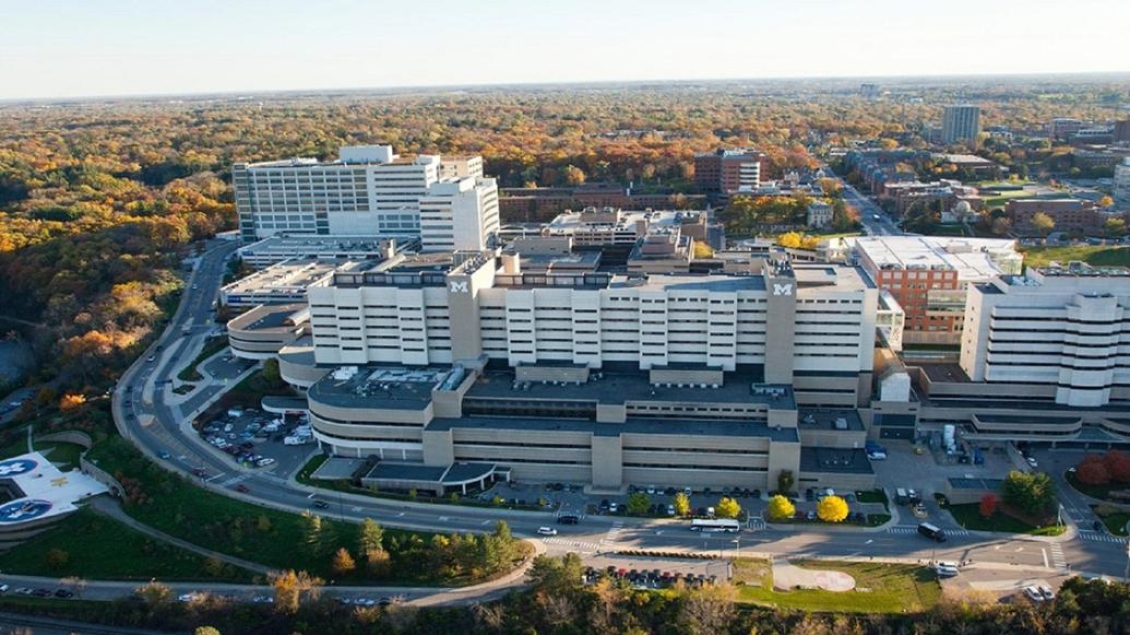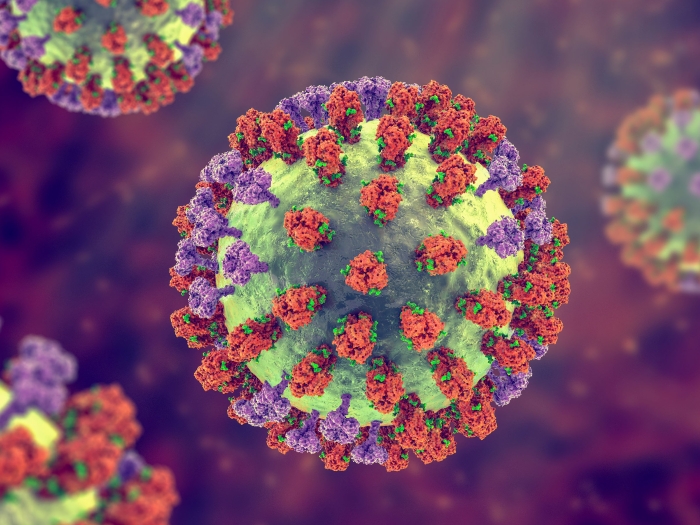-
Allergy & Clinical Immunology -
Cardiovascular Medicine -
Gastroenterology & Hepatology -
General Medicine -
Genetic Medicine -
Geriatric & Palliative Medicine -
Hematology & Oncology -
Hospital Medicine -
Infectious Diseases -
Metabolism, Endocrinology & Diabetes -
Nephrology -
Pulmonary & Critical Care Medicine -
Rheumatology

Division of Infectious Diseases
Long-standing excellence in patient care, research, education and training
The U-M Medical School Department of Internal Medicine Division of Infectious Diseases was founded in 1967. Since that time, our division has grown to over 40 faculty members and has become nationally recognized for an exemplary record of patient care, research and education and training.
The Division of Infectious Diseases is a nationally recognized division with an impressive breadth and depth of clinical and research programs.
Resources and information for current Infectious Diseases faculty, staff and learners.
The Department of Internal Medicine Division of Infectious Diseases is committed to creating and cultivating a diverse and inclusive community that provides our faculty, learners, and staff with the opportunities and support they need to thrive.
View a list of upcoming Continuing Medical Education (CME) opportunities available through the Department of Internal Medicine.





